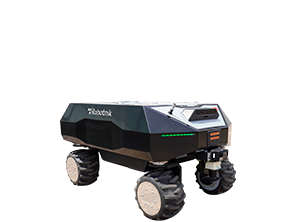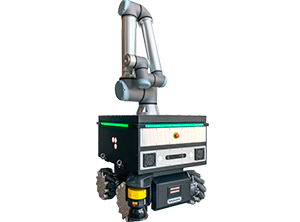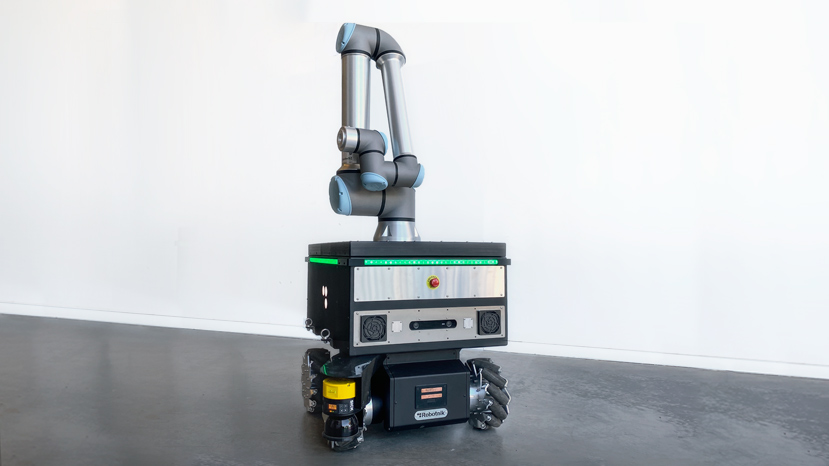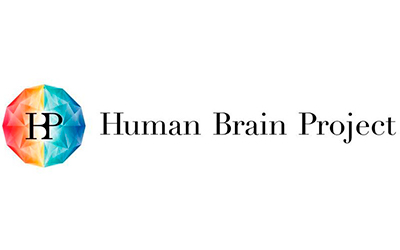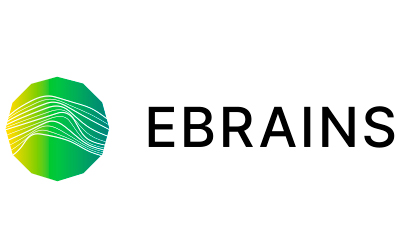PROMEN-AID
Proactive Memory iN AI for Development
PROMEN-AID is a partnering project acting as a demonstrator of the Human Brain Project methodologies. The Human Brain Project aims to put in place a cutting-edge research infrastructure that will allow scientific and industrial researchers to advance the knowledge in the fields of neuroscience, computing, and brain-related medicine.
PROMEN-AID, in particular, aims at introducing cognitive-inspired functional architecture of short-term and long-term memory finalised to enable safe human-machine interaction in robotics settings (cobots). The cognitive functions are incrementally implemented and comprise an event-driven approach for scene understanding that leads to context awareness, enabling consequently decision making first and proper planning successively.
The proposed modular functional architecture replicates the steps required to consolidate memory from the visual perception of the environment to the reuse of consolidated memory to act in collaboration with human partners (Human-Robot Collaboration, HRC). The implemented cognitive functions resemble the process of human cognition:
● Visual perception from prefrontal cortex,
● binding process from unimodality perceptual events in short periods to multimodal consolidator in long period of time,
● recall of the short-term for operability in tasks (context awareness),
● recall of long-term memory in interaction-based applications (action planning).
The goal is to reuse memory networks identified and modelled in HBP (Human Brain Project) and transfer them on the identified robotic platform (provided by Robotnik and IIT – Istituto Italiano di Tecnologia). The project aim is detailed in the following incremental specific objectives:
● To enable memory networks that enable contextual awareness (PERCEPTUAL).
● To enable long-term memory-based action planning (ACTION).
● To enable identification of memory deficit from the robot observation of action planning in worker partners (INTERACTION).
All the objectives are designed to involve technology already exploited by the partners and starting from TRL5 at the beginning of the project. The Robotnik RB-KAIROS+ robot will be deployed and tested in a logistic scenario for a collaborative task with human workers. The IIT iCub robot, instead, will be used to test the memory networks for human robot interaction collaborative tasks.
ROBOTNIK IN THE PROJECT
The target is to introduce a cognitive functional architecture of short-term and long-term memory in an existing AI infrastructure of the mobile robotic platform available in the market, consisting of a functional memory framework capable of contextualising the environment, taking decision and consequently planning optimal action sequences. The contribution in PROMEN-AID will be coordinated between the groups and will integrate cognitive functional architecture on existing robots in order to enable smart cognitive RB-KAIROS+ robot capabilities applied in industrial activities.
Robotnik is the owner of the logistic scenario (initially simulated in Gazebo and then real demonstration). The mobile autonomous system has to transport through different areas (neuromorphic sensorial acquisition for contextual awareness) and stack multiple loads in collaboration with human workers following a specific learned sequence (action planning) which is a function of the specific industrial cell where the collaboration takes place (contextual awareness). The Robotnik role is to adapt and integrate the memory networks and the cognitive modules of the HBP into the RB-KAIROS+ robot to ensure a safe human-robot collaboration while not affecting the overall performance and productivity of the system. The modules to be integrated in the robot will affect the vision, the navigation and the memory management system.
Robotnik’s robots are equipped with state-of-the-art hardware and software to ensure compliance with the latest safety standards.
More projects
